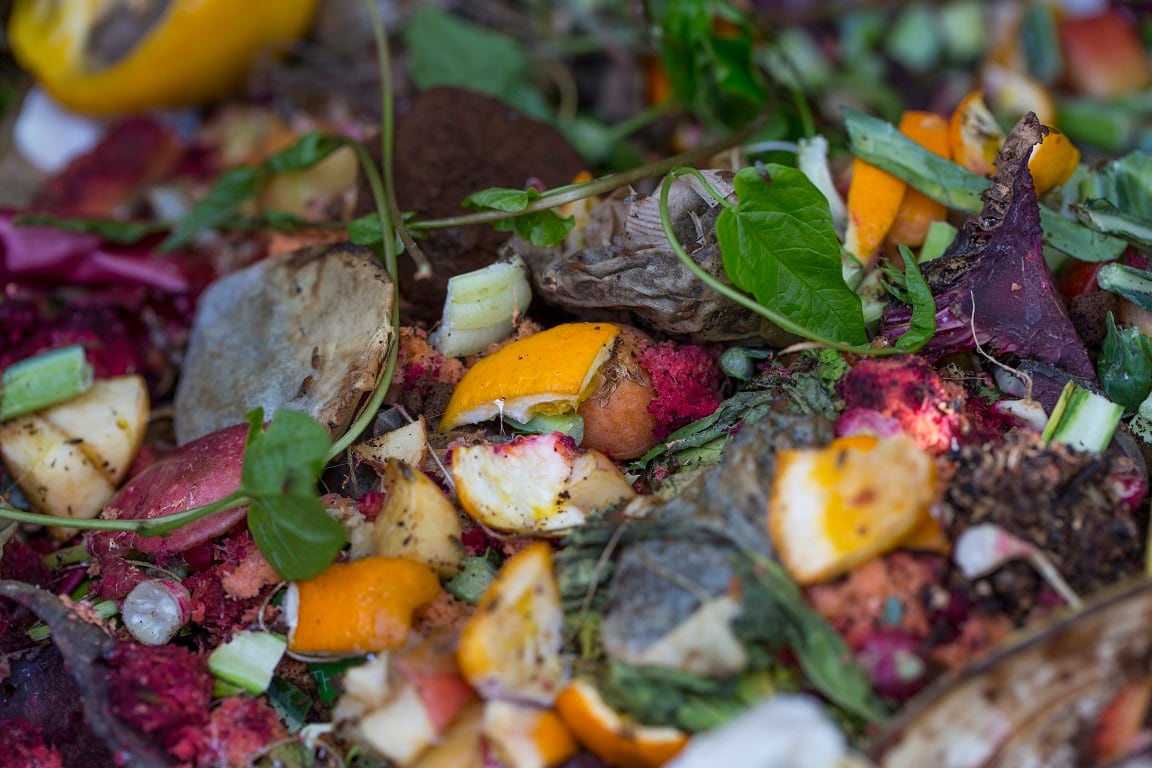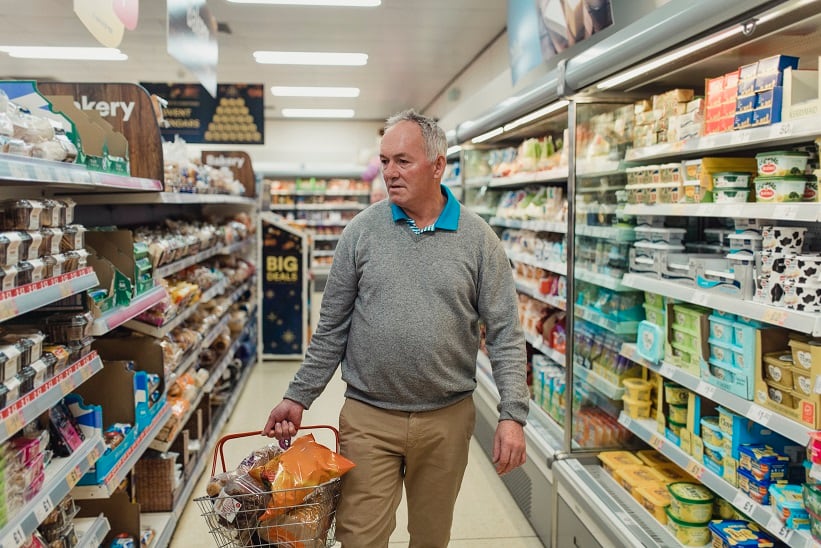The report states the rising cost of essential food items is likely to peak at up to 15% this summer as the UK economy faces its strongest period of inflationary pressure since the 1970s.
The prediction was made as The Bank of England raised interest rates to 1.25% and said it would be alert to indications of more persistent inflationary pressures, and would if necessary 'act forcefully' in response.
IGD expects food inflation to persist for longer than official forecasters due to several factors, including the impact of the war in Ukraine, pre-existing supply chain challenges and the limited effectiveness of monetary and fiscal policy.
Variables
Inflation is currently expected to ease by mid-2023 and prices for some items may fall back and global markets normalise. However, there are many possible variables which might change price outcomes, the report said. These include further export bans in major agricultural nations, speculation in food commodities, tax increases on alcohol and tobacco, trade disruptions connected to Brexit, labour costs, weakening of sterling and even unfavourable weather during the Northern Hemisphere growing season.
Additionally, the UK food and consumer goods industry is 'uniquely exposed' to current pressures, the report states, due to a reliance on food imports and the impacts still being felt from Brexit.
It also claims business concerns will persist and the war in Ukraine has stressed already fragile supply chains. According to IGD, the long-term impact of the war in Ukraine 'remains unclear' and it is likely that markets for energy, food and finance will remain 'significantly disrupted' until production and export of food from Russia and Ukraine return to normal. It said Indonesia’s export ban on palm oil and India’s export ban on wheat were examples of the secondary impact emerging from the conflict.
Cost increases
The report warns businesses need to be prepared for 'significant' and 'persistent' cost increases across all elements of their cost base. “Expect wage costs, transportation, raw materials and energy margins to eat into margins.”
IGD has calculated that the average monthly spend on groceries for a typical family of four will reach £439 from January 2023 – a significant increase from £396 in January 2022. It expects the strongest inflation pressure to come from meat, cereal products, dairy, fruit and vegetables. In particular, products that rely on wheat for feed, such as white meats, are likely to see prices soar in the short term, it claims.
The weakened economic environment would mean volumes are likely to be down, with shoppers focused on value. IGD also painted a gloomy picture for eating out as it expected some households to cut back on out of home spending.
James Walton, chief economist, IGD, said: “From our research, we’re unlikely to see the cost-of-living pressures easing anytime soon. This will undoubtedly leave many households – and the businesses serving them – looking to the future with considerable anxiety.
Skipping meals
"If average food bills go up 10.9% in a year, a family of four would need to find approximately £516 extra per year. We are already seeing households skipping meals – a clear indictor of food stress.
“We expect the mood of shoppers to remain bleak for the foreseeable future as they are impacted by rising inflation and a decline in real wages. Shoppers are likely to dial up money-saving tactics as far as possible.”
The report also highlights the predicted rate of inflation is likely to push the economy into recession or, at least, into 'stagflation'.




